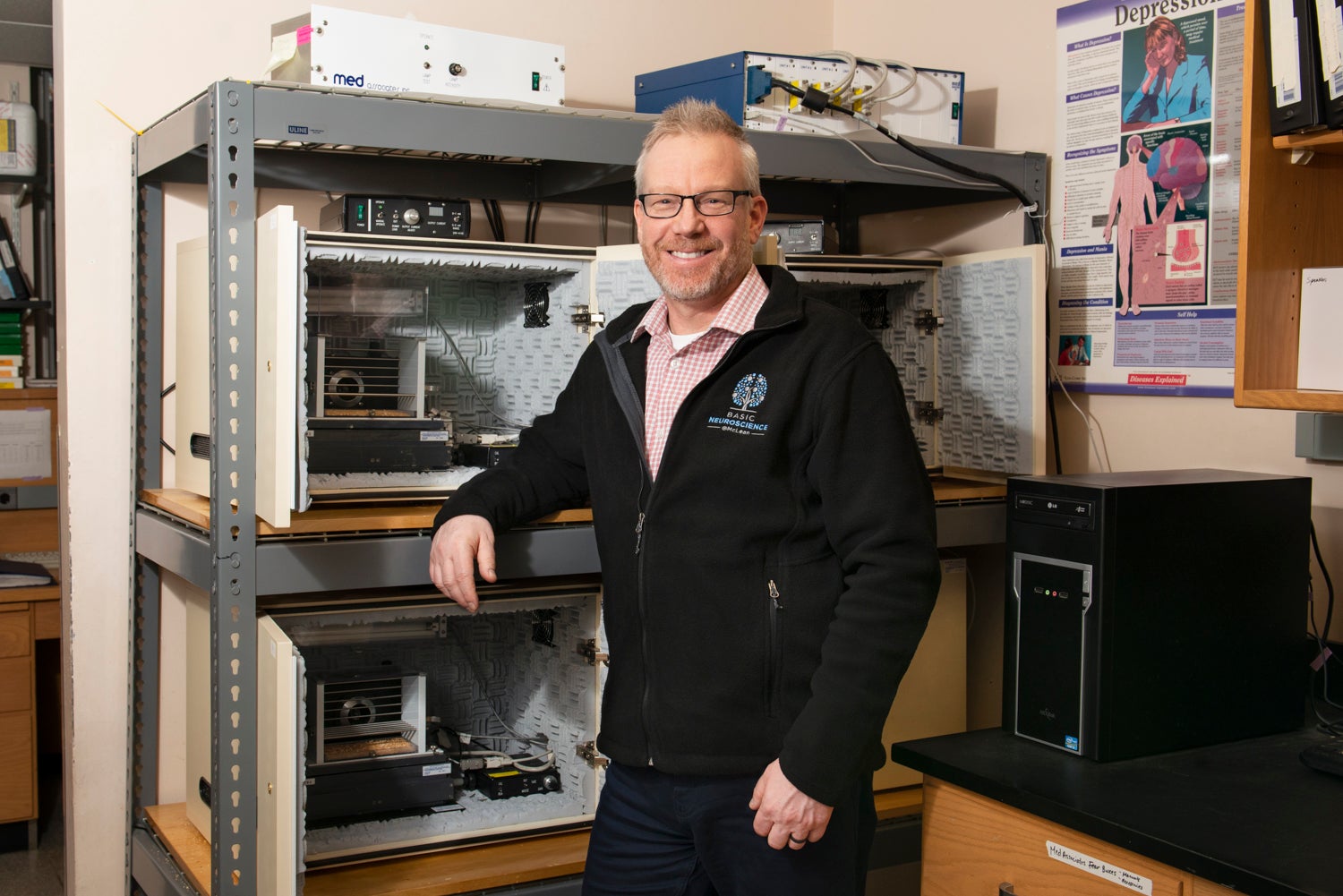Chief, Division of Basic Neuroscience, McLean Hospital

Our experiences shape our brains and influence our behaviors, as well as our vulnerability to mental illness. “Experience” in this sense can mean many things, including exposure to stress, drugs, trauma, toxins, or illness. The Carlezon lab is a group of neuroscientists primarily interested in how experience affects behavior and the biology of the brain. Our work is relevant to many types of neuropsychiatric disorders, including depression, anxiety, PTSD, addiction and autism.
Rather than trying to model these human neuropsychiatric conditions in animal models directly, we use multiple behavioral tests that capture their key signs, which are often overlapping (co-morbid) in people. Ideally, our tests are sensitive to the same signs in laboratory animals that psychiatrists use to make diagnoses in people.
All of our work is performed in rats and mice, with a diverse variety of experimental approaches. For example, we might study how exposure to a particular type of stress affects motivated behavior, which is dysregulated in many types of neuropsychiatric disorders. We would then examine brain regions known to regulate motivation for the molecular changes that accompany observed behavioral changes. To establish cause-effect relationships, we would use genetic engineering techniques—as examples, viral vectors and mutant mice—to reproduce individual molecular changes to see if they can cause the behavioral changes. We use this information to design new medications that can block, reverse, or prevent the behavioral changes.
